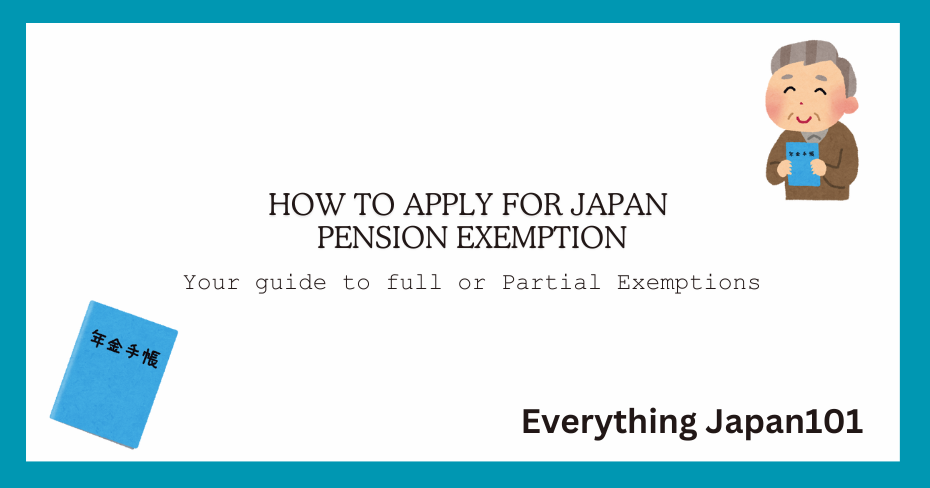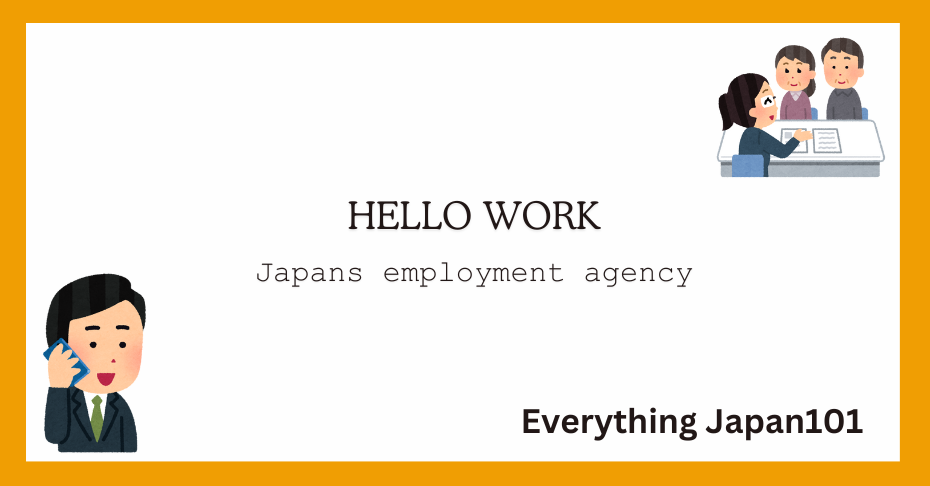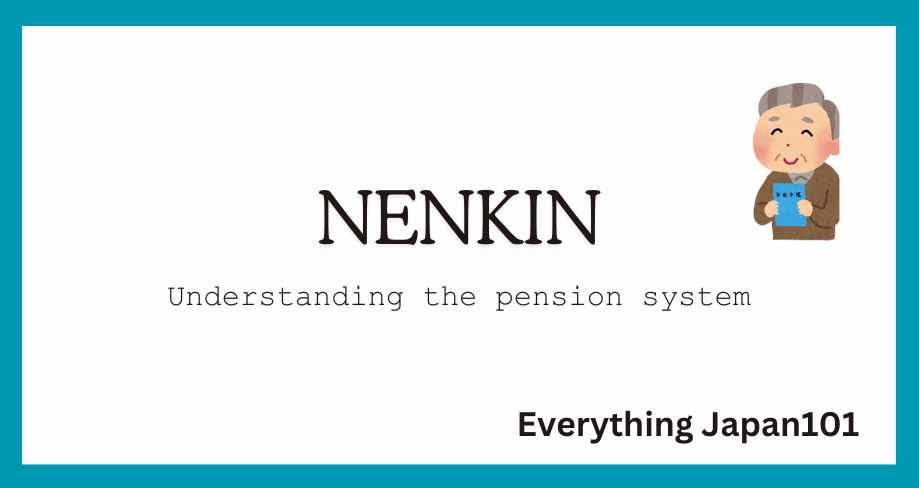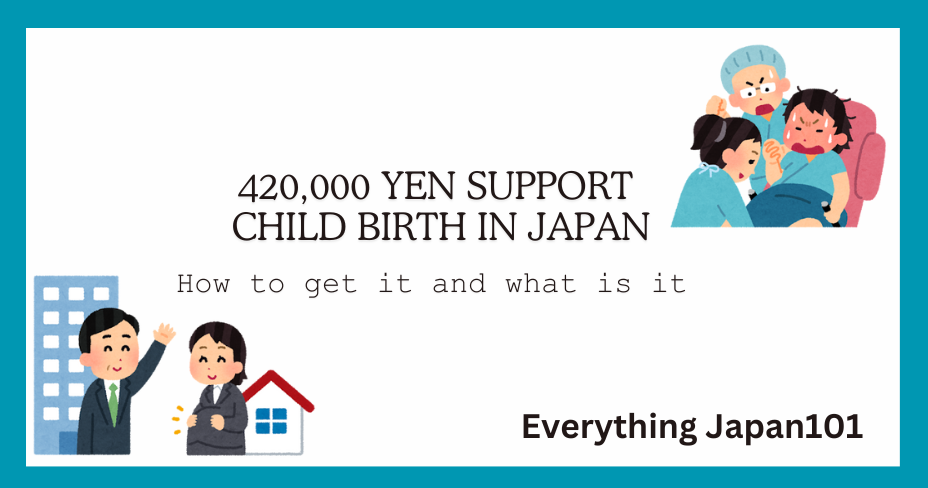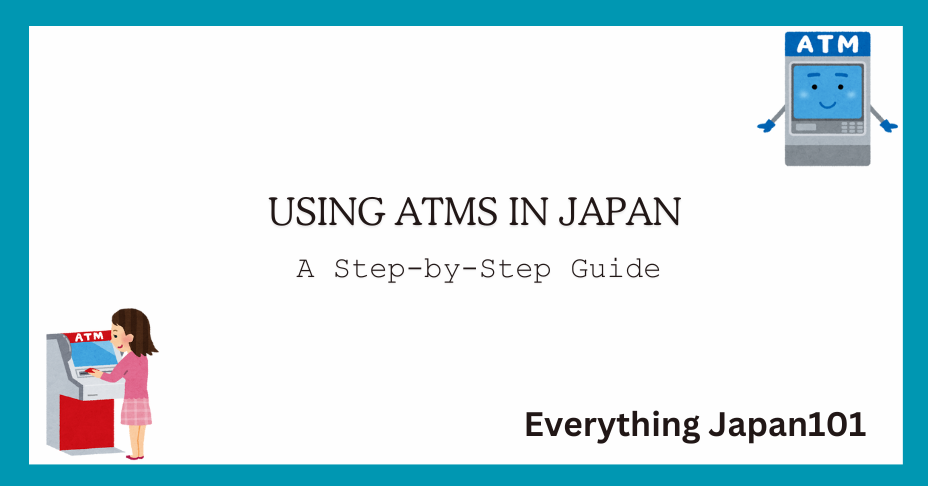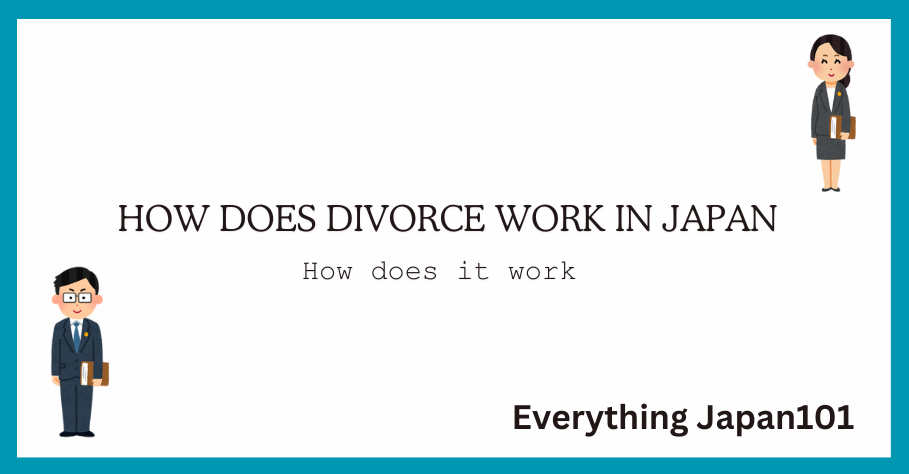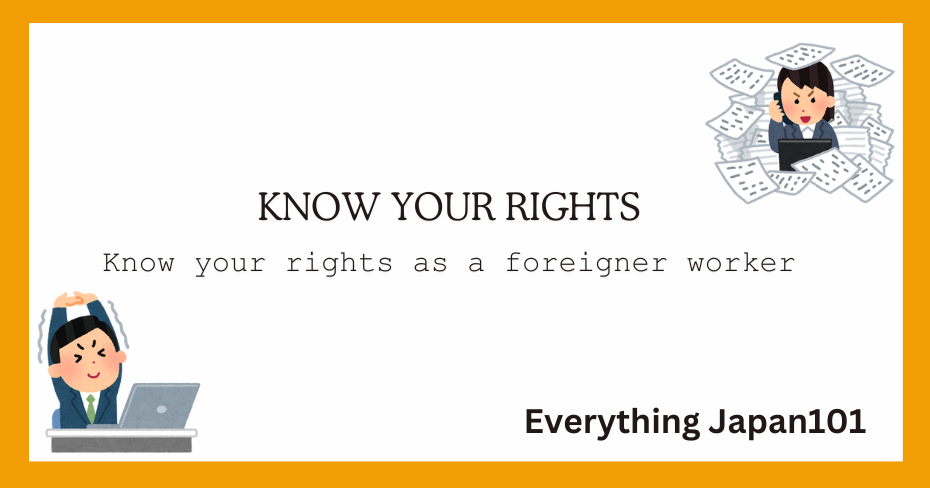Seishain Employment in Japan: Stability and Benefits Explained
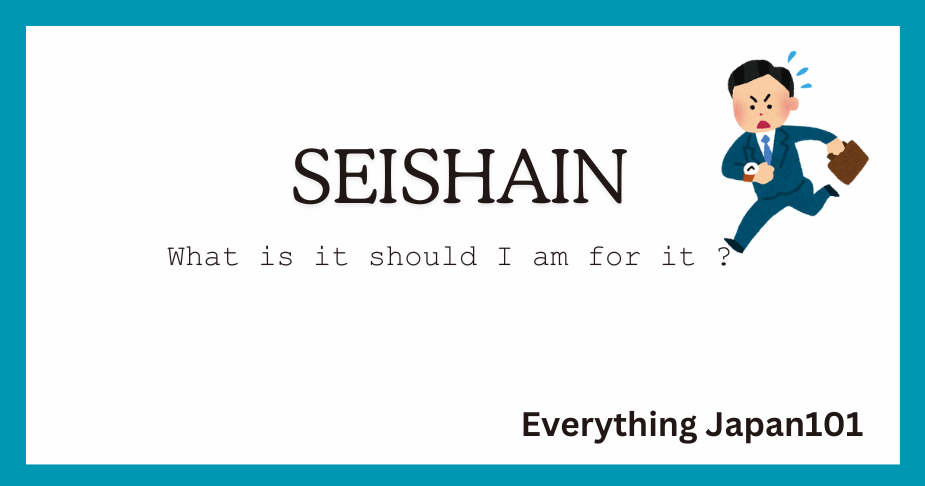
Being a Seishain is one of the words you hear when navigating Japans employment landscape as diverse as its culture, offering various contract types to suit the needs of both employers and employees. Whether you’re a seasoned professional or a fresh graduate entering the workforce, understanding these contract types is essential for navigating Japan’s job market effectively.

Regular Employment (Seishain)
Description: Regular employment, known as “Seishain,” represents the traditional and most stable form of employment in Japan. Seishain employees are hired with indefinite contracts, which provide job security and a range of comprehensive benefits.
Advantages:
- Stability and Security: Seishain positions offer long-term employment with less risk of termination compared to other contract types.
- Comprehensive Benefits: Employees receive bonuses, paid leave, health insurance, pension plans, and other social insurance coverage.
- Career Growth: Companies often invest in the training and development of Seishain employees, providing opportunities for career advancement and skill development.
Disadvantages:
- Long Working Hours: Seishain employees may face expectations of overtime and long working hours due to traditional work culture.
- Limited Flexibility: The commitment to a single employer can limit job mobility and flexibility.
Industries: Seishain positions are common across various industries, including manufacturing, finance, technology, and government sectors.
Recent Trends: There has been a push towards improving work-life balance and reducing overtime in Japan, leading to reforms in labor laws and corporate practices. Companies are increasingly adopting flexible work arrangements and promoting a healthier work environment for Seishain employees.

Fixed-Term Employment (Keiyaku-shain)
Description: Fixed-term employment, or “Keiyaku-shain,” is utilized for positions with a specified duration, often linked to project timelines or temporary needs.
Advantages:
- Flexibility: Both employers and employees benefit from the ability to adjust the workforce based on project requirements or business needs.
- Experience and Networking: Employees can gain diverse experiences and expand their professional networks by working on different projects and with various employers.
Disadvantages:
- Job Insecurity: The temporary nature of the contract can lead to uncertainty about future employment and limited job stability.
- Reduced Benefits: Fixed-term employees may receive fewer benefits compared to regular employees.
Industries: Keiyaku-shain contracts are prevalent in industries such as construction, IT, event management, and academia, where project-based work is common.
Recent Trends: To address concerns about job insecurity, there have been discussions about enhancing protections for fixed-term employees, including better access to benefits and opportunities for contract renewal or transition to regular employment.
Part-Time Employment (Arubaito or Baito)
Description: Part-time employment, known as “Arubaito” or “Baito,” is popular among students, homemakers, and individuals seeking flexible work arrangements or supplemental income.
Advantages:
- Flexibility: Part-time positions offer flexible schedules, making them ideal for balancing work with other commitments.
- Entry-Level Opportunities: These jobs provide entry-level opportunities for those new to the workforce or looking to gain experience in a specific industry.
Disadvantages:
- Limited Benefits: Part-time employees often receive reduced benefits and lower wages compared to full-time counterparts.
- Job Insecurity: The temporary and flexible nature of part-time work can result in job instability.
Industries: Part-time employment is widespread in the retail, hospitality, food service, and entertainment industries.
Recent Trends: There has been a growing demand for more equitable treatment of part-time workers, including better wages and access to benefits. Some companies are also exploring ways to offer career progression opportunities for part-time employees.
Dispatched Workers (Haken-shain)
Description: Dispatched workers, or “Haken-shain,” are employed by staffing agencies and assigned to work at client companies. This arrangement provides flexibility for companies managing fluctuating workloads.
We also covered what is an Haken-Shain in more detail here

Advantages:
- Work Variety: Dispatched workers can experience different work environments and roles, enhancing their skills and versatility.
- Flexibility: Companies can quickly adjust their workforce size to meet changing demands without long-term commitments.
Disadvantages:
- Dual Employment Relationship: Dispatched workers may face challenges related to the dual employment relationship with the staffing agency and the client company.
- Limited Job Security: The temporary nature of dispatch work can lead to job insecurity and fewer benefits.
Industries: Dispatched work is common in industries such as manufacturing, office administration, logistics, and customer service.
Recent Trends: Regulatory changes have been implemented to improve the working conditions and rights of dispatched workers. There is also a growing emphasis on ensuring fair treatment and preventing abuses in the dispatch system.
Conclusion
Understanding the various employment contract types in Japan is crucial for both employers and employees navigating the country’s dynamic job market. Each contract type—Seishain, Keiyaku-shain, Arubaito, and Haken-shain—offers unique advantages and considerations, catering to different needs and preferences.
By aligning contract choices with individual career goals and lifestyle preferences, employees can make informed decisions that best suit their circumstances. Similarly, employers can leverage these diverse contract types to build a flexible and efficient workforce that meets their business objectives.
Words from Samurai-San
Now that we covered all What being a Seishain and its pros and cons.
let me introduce you to Japan’s most trusted Job transfer agency that can lead you to your Seishain job
The most Popular Seishain Transfer Agency in Japan
| Site Name | Specialization | Trustworthiness | Popularity | Field Specialization |
|---|---|---|---|---|
| Mynavi Career | General, with a focus on young professionals | ⭐⭐⭐⭐⭐ | ⭐⭐⭐⭐⭐ | IT, Finance, Marketing, Sales |
| Next | Mid-career professionals | ⭐⭐⭐⭐ | ⭐⭐⭐⭐ | General, but strong in Engineering and Manufacturing |
| Doda | Wide range of industries, including niche fields | ⭐⭐⭐⭐⭐ | ⭐⭐⭐⭐⭐ | IT, Healthcare, Manufacturing |
| En Japan | Strong focus on mid to senior-level roles | ⭐⭐⭐⭐ | ⭐⭐⭐⭐ | General, but strong in HR and Finance |
| CareerCross | Bilingual professionals | ⭐⭐⭐⭐ | ⭐⭐⭐ | IT, Finance, Management |
| Type (Type Daiblog) | Specializes in start | ⭐⭐⭐⭐ | ⭐⭐⭐⭐ | IT, Creative, Startups |
| JAC Recruitment | High-level executive roles | ⭐⭐⭐⭐⭐ | ⭐⭐⭐⭐ | Executive, Management, Bilingual roles |
| Rejob | Niche focus on beauty and wellness industries | ⭐⭐⭐⭐ | ⭐⭐⭐ | Beauty, Wellness, Healthcare |
Questions and Advice
Having a person that you can ask advice or answer your question can be a good source of knowledge especially if you came here alone, i offer my in depth take on the matter and give some insightful advice here.



